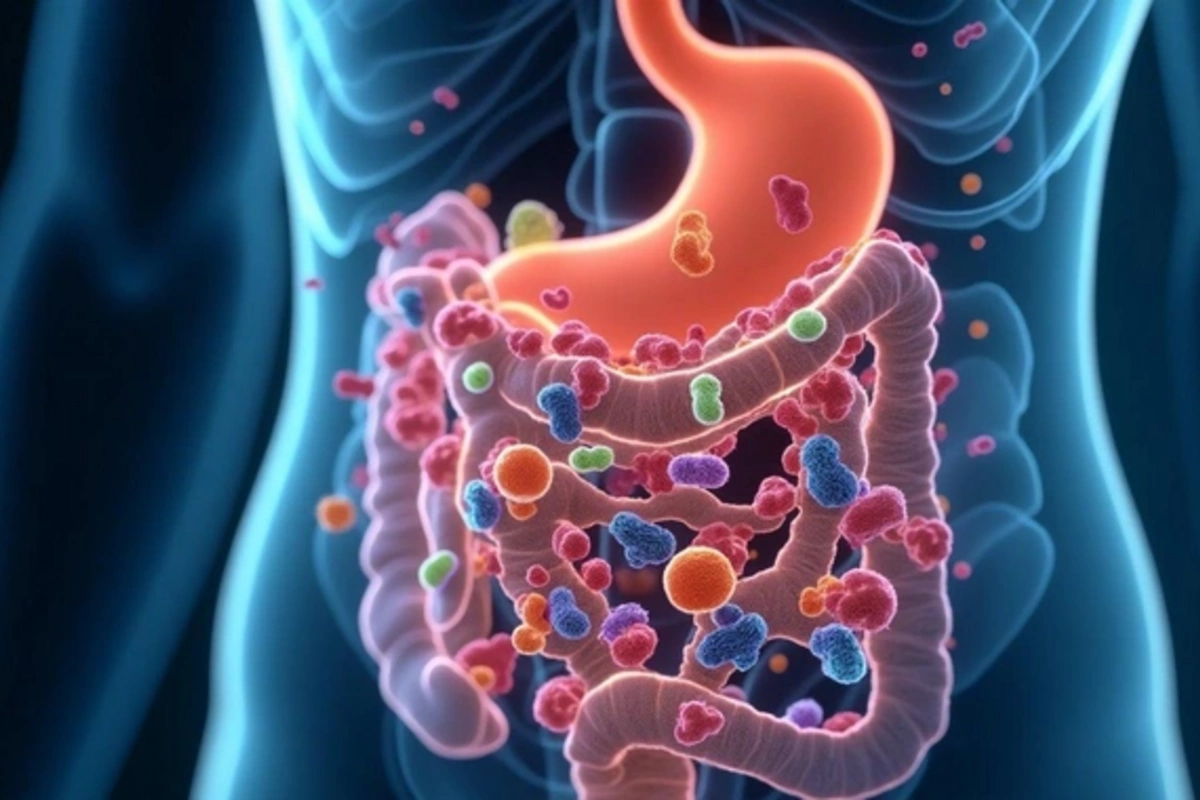14 May , 15:39
0

Human Microbiome Recognized as the "Forgotten Organ": Scientists Reveal Its Amazing Impact on Health and Weight
Bacteria in the Gut - Not Enemies, But Allies
Trillions of microbes live in the human body, most of which reside in the intestines. Recent studies have shown that people with excess weight and slim individuals have completely different microbiome compositions. And it's not just about diet, but also about how these bacteria process food, produce vitamins, hormones, and trigger metabolic processes.
Some strains, such as Akkermansia muciniphila or Bacteroides, promote weight loss: they improve insulin sensitivity, reduce inflammation, and accelerate fat burning. Others, on the contrary, contribute to energy storage and increase cravings for sweets.
Microbiome as an Organ
Researchers suggest considering the microbiome as an independent organ: it has functions, mass (up to 2 kg), and impact on health. It can even be "transplanted": microflora transplantation from slim donors helped obese patients lose weight in clinical experiments.
Is the Future in Bacteria?
Scientists hope that in the coming years, personalized probiotics, formulated based on an individual's DNA, will be able to replace diets and pills. Instead of counting calories - microflora analysis. Instead of exhausting workouts - bacterial balance.
"The microbiome is like an ecosystem inside us. And if properly cared for, it can work for us, not against us," note researchers from Harvard Medical School.